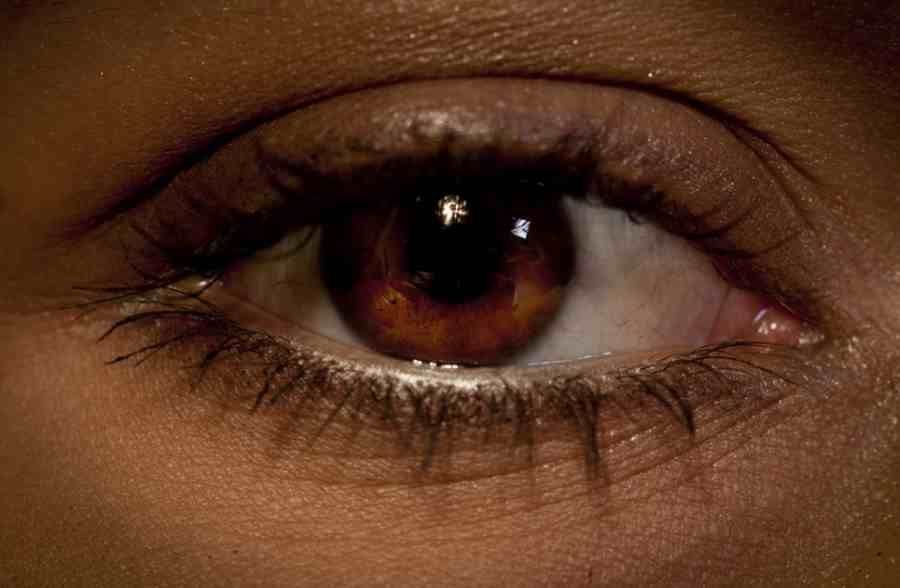
Thanks to stem cell therapy, two people have regained their eyesight
British doctors have successfully used embryonic stem cells to regenerate degenerated eye tissue in two patients. Thanks to the experimental therapy, the vision of patients suffering from macular degeneration was significantly improved.
This is a major step toward treating the most common form of age-related blindness. Macular degeneration łtej is a progressive condition that causes degeneration of the central part of the retina of the eye – Z macula ltej. The causes of this disease are not clear. The disease affects people over 50. year old. As a result of it, acute vision and dilation of the color enhancement In the first tests, two patients with the disease took part, often resulting in complete loss of vision.
New therapy developed by scientist from University College London and the University of California at Santa Barbara brings hope of successfully reversing the changes caused by macular degeneration ltej. The first tests involved two patients, who rych an unprecedented improvement in vision was observed.
One patient – Douglas Waters, had severe macular degeneration of the eye łtej and could no longer see anything in his right eye. But after the procedure with the com ith stem cells, the degenerative changes have resolved. – In the months leading up to the surgery m j vision was really poor and I couldn’t see anything in my right eye. Now I can read the newspaper normally – said the 86-year-old in an interview with the BBC. – I am very happy to have regained my sight. The entire complex ł scientists has done a great job – added.
Waters was one of the two ch patient , which ers have undergone surgery. The second patient was a 60-year-old woman. The procedure took place a year ago. Since then, the researchers have seen improvements in the ability to see. No side effects have occurred.
The British researchers focused on the layer of cells rek located behind the macula ¿ lta – is the so-called. retinal pigment epithelium ki. Its function is to m.in. delivery of nutrients to the cells eye and removal of waste. Degeneration of this layer leads to accumulation of harmful materials , kt re slowly killing the surrounding com rki. Over time, this permanent degeneration widens and gradually reduces the ability to see.
The researchers placed in the retina kach patient „slice” From specially designed embryonic com stem cells only 40 microns thick. Com These cells were cultured on artificial retinal pigment epithelium ki. They were also coated with a synthetic compound that ry was aimed at better adherence once implanted in the eye of the.
– We hope that an affordable form of therapy will be available in the next five years. This will create the possibility of restoring vision for more than p ł million os b in the UK and a million orldwide – acknowledged Pete Coffey University College London, one of the authors of the In a study published in „Nature Biotechnology”.
The condition of the patient will continue to be monitored to see if there is a recurrence of the in disease or cancer. Researchers want to do everything to ensure that the procedure is safe and effective.
Syndrome The researcher has permission at this stage of clinical trials to test the procedure in another eight people b. If all p jdzie well, the procedure can wkr tce to become more widely available.

